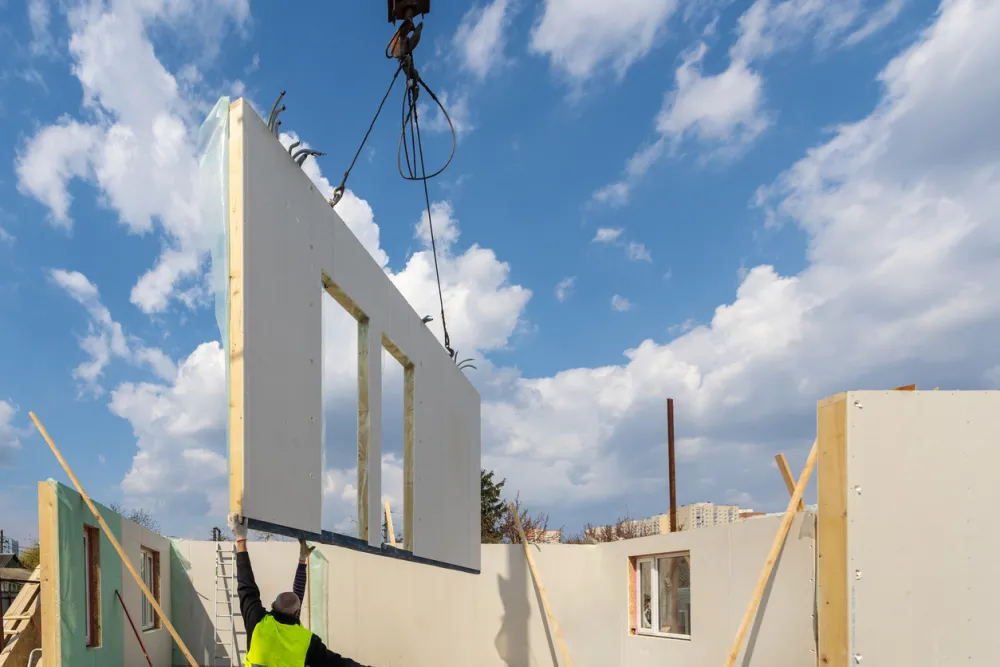Toronto — KEVIN LOCKHART, director, Buildings program at the Pembina Institute, made the following statement in response to the release of the Government of Canada’s Build Canada Homes:
“We welcome today’s announcement of Build Canada Homes (BCH), which signals a strong federal commitment to delivering new homes faster, while prioritizing low-carbon, resilient and affordable housing.
“Canada’s housing crisis demands bold leadership and integrated solutions. This initiative reflects a multi-solving approach — addressing affordability, climate resilience and economic development together.
“We’re pleased to see BCH prioritize modular and factory-built housing, which can reduce construction costs by up to 20-25%, shorten build times, and lower carbon emissions. But to truly serve Canadians, these homes must be affordable to build and operate, resilient to severe weather, insurable, and affordable to heat and cool.
“Most of our buildings were designed for a past climate. Without stronger building codes and targeted funding, homes and businesses will remain vulnerable. Homes must meet high performance standards to ensure long-term affordability and climate resilience.
“The new Buy Canadian policy is a welcome step toward strengthening domestic supply chains and scaling Canadian innovation. From mass timber and insulation to HVAC systems and prefabricated panels, Canada has the potential to lead the world in sustainable building technologies.
“By leveraging Buy Canadian policies and strengthening domestic supply chains, Canada can accelerate the development and deployment of high-performance building technologies and retrofit solutions. This approach not only supports a globally competitive sector but also stimulates local manufacturing, job creation and regional economic development. By scaling with purpose and valuing the benefits of reduced energy waste, improved health and safety, and local economic development, Canada can lead the world in sustainable building innovation.”
[30]
Background
Recommendations: Pembina Institute Comments on the HICC Market Sounding Guide for Build Canada Homes
Report: Preparing Alberta's Buildings for Severe Weather
Contact
Sarah Snowdon
Senior Comms Lead, Pembina Institute
416-838-3423




